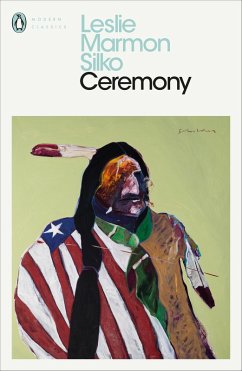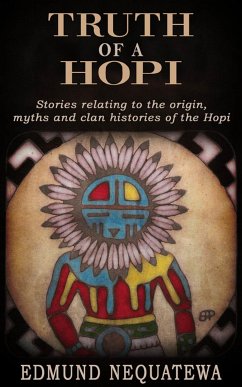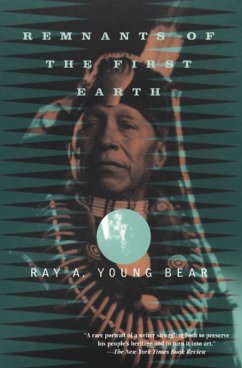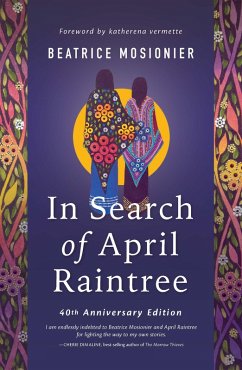
Oo-Ma-Ha-Ta-Wa-Tha and Other Stories (eBook, ePUB)
Versandkostenfrei!
Sofort per Download lieferbar
3,99 €
inkl. MwSt.
Weitere Ausgaben:

PAYBACK Punkte
2 °P sammeln!
Oo-Ma-Ha-Ta-Wa-Tah and Other Stories (1898) is a work of history and folklore by Fannie Reed Griffen and Susette La Flesche. Written at the end of a century of devastation, marked by the Western advance of American political, industrial, and military forces, Oo-Ma-Ha-Ta-Wa-Tah and Other Stories preserves as much as it can between the bindings of a book the traditions and stories of the Omaha people. "In remembrance of the Omahas, the tribe of Indians after which Omaha city is named, and who, less than fifty years ago, held an uncontested title to the land where Omaha city and the great Trans-M...
Oo-Ma-Ha-Ta-Wa-Tah and Other Stories (1898) is a work of history and folklore by Fannie Reed Griffen and Susette La Flesche. Written at the end of a century of devastation, marked by the Western advance of American political, industrial, and military forces, Oo-Ma-Ha-Ta-Wa-Tah and Other Stories preserves as much as it can between the bindings of a book the traditions and stories of the Omaha people. "In remembrance of the Omahas, the tribe of Indians after which Omaha city is named, and who, less than fifty years ago, held an uncontested title to the land where Omaha city and the great Trans-Mississippi Exposition is located, this book is dedicated, that the memory of the tribe, its chieftains, its warriors and its maidens might be preserved." Combining biography, historical documents, and folk tales, Oo-Ma-Ha-Ta-Wa-Tah and Other Stories serves as an invaluable record of a proud people. Beginning with the disastrous broken treaty of 1854, Griffen and La Flesche tell the tragic story of the Omahas through the lives of the chiefs who signed it. Concluding with a sampling of entertaining stories inherited from an oral tradition, Oo-Ma-Ha-Ta-Wa-Tah and Other Stories remains a masterpiece of fiction and nonfiction from two groundbreaking and vastly underappreciated figures in American history. This edition of Susette La Flesche and Fannie Reed Griffen's Oo-Ma-Ha-Ta-Wa-Tah and Other Stories is a classic work of Native American literature reimagined for modern readers.
Since our inception in 2020, Mint Editions has kept sustainability and innovation at the forefront of our mission. Each and every Mint Edition title gets a fresh, professionally typeset manuscript and a dazzling new cover, all while maintaining the integrity of the original book.
With thousands of titles in our collection, we aim to spotlight diverse public domain works to help them find modern audiences. Mint Editions celebrates a breadth of literary works, curated from both canonical and overlooked classics from writers around the globe.
Since our inception in 2020, Mint Editions has kept sustainability and innovation at the forefront of our mission. Each and every Mint Edition title gets a fresh, professionally typeset manuscript and a dazzling new cover, all while maintaining the integrity of the original book.
With thousands of titles in our collection, we aim to spotlight diverse public domain works to help them find modern audiences. Mint Editions celebrates a breadth of literary works, curated from both canonical and overlooked classics from writers around the globe.
Dieser Download kann aus rechtlichen Gründen nur mit Rechnungsadresse in A, D ausgeliefert werden.













